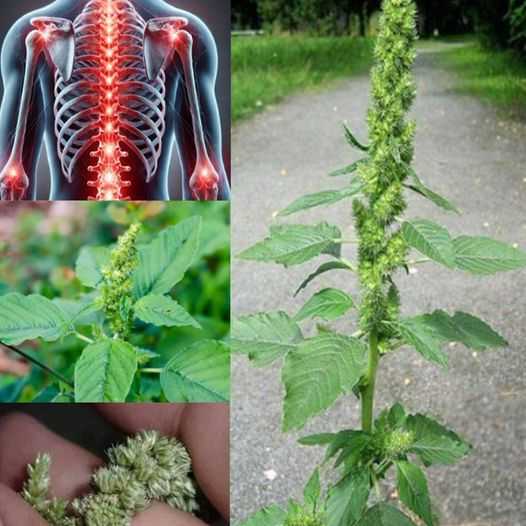ADVERTISEMENT
Pigweed contains antioxidants that help combat oxidative stress, reducing the risk of chronic diseases like heart disease and diabetes. These compounds also support anti-aging and cellular repair.
3. Aids in Digestion
The high fiber content in pigweed supports a healthy gut, improving digestion and preventing constipation. Including it in your meals can also help maintain a balanced microbiome.
4. Blood Sugar Regulation
Studies suggest that pigweed may help regulate blood sugar levels. The fiber slows glucose absorption, making it a beneficial addition to meals for those managing diabetes or aiming for better blood sugar control.
5. Versatile in Cooking
Pigweed’s tender leaves can be sautéed, added to soups, or eaten raw in salads. The seeds can be cooked like quinoa or used in baking to enhance the nutritional profile of bread and muffins.
Barbara O’Neill’s Perspective
Barbara O’Neill often highlights the importance of incorporating wild edibles into our diet. She believes that plants like pigweed, which grow in challenging conditions, develop resilience that transfers to those who consume them. Pigweed, according to O’Neill, offers a natural way to fortify the body with essential nutrients and improve gut health.
By embracing plants like pigweed, you not only diversify your diet but also tap into a source of natural, sustainable nutrition. Give it a try—this unassuming “weed” could become a staple in your healthy lifestyle!
ADVERTISEMENT
